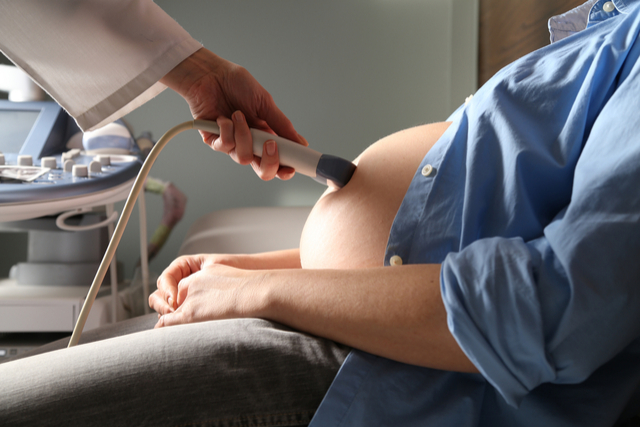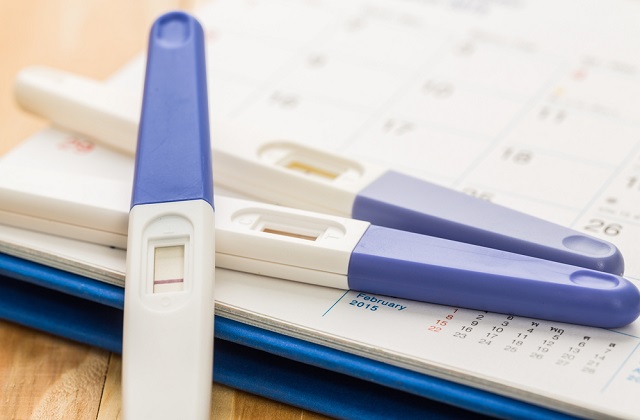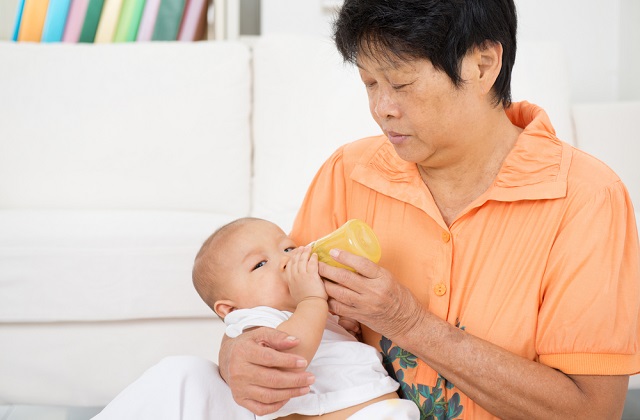An Introduction to Artificial Insemination (IUI)
It is nothing new to us that Singapore has been experiencing a declining birth rate. As young couples charge forth in pursuit of a good career, sometimes child-bearing can take a backseat. Yet when many reach the age of 37, they realise that conception is no longer as easy as they thought it would be.
According to a survey done by the Virtus Fertility Centre in 2015, women overestimate their chances of getting pregnant in their mid-30s. Nearly 45% of the respondents thought that they had a 50% chance at conception in a given month, but the real likelihood was 15-20%, said Dr Roland Chieng, Director of the Centre.
As couples are no longer as fertile as before when they reach their mid-30s, more Singaporean couples opt for Artificial Insemination (IUI) and other assisted reproductive technologies (ART) to conceive a child.
Artificial Insemination (IUI)
Artificial Insemination is a procedure in which sperms are deliberately introduced into the uterus of a woman close to the time of ovulation. Artificial insemination can help couples who have problems conceiving a child. Usually, the doctor will recommend you to take a fertility drug before undergoing the procedure to improve the odds of you getting pregnant. The fertility drug is taken at the start of the menstrual cycle to stimulate the ovaries to produce a few mature eggs for fertilization. In a normal menstrual cycle, only one egg will be produced a month.
Using an ovulation detection kit or an ultrasound, the doctor will predict your ovulation time so as to prepare for the time of the procedure. Upon ovulation, a sperm sample is collected from the partner and this sperm sample will be “washed” in order to concentrate the “best” sperm into a small amount of fluid. This concentrated sperm will then be injected into the uterus to fertilise the egg. A pregnancy test will be conducted two weeks later.
The success rate of artificial insemination depends on various factors such as age and health of the sperm and egg. Therefore, success rates will vary from couple to couple. Most couples who undergo IUI have a 5-20% chance of success with each cycle. The success rate increases if fertility drugs are taken together with the procedure.
IUI is considered to be less invasive and a simpler procedure, making it a popular first option for couples who want to conceive through fertility treatments. However, the Virtus Fertility Centre recommends that if you had three or more unsuccessful treatments with IUI, or if you are aged 35 and above, you are more likely to be successful with In-Vitro Fertilisation (IVF).
Sources:
National University Hospital. (2010). Fertility treatment: Artificial insemination (IUI). Retrieved from http://www.nuhgynae.com.sg/cos/o.x?c=/wbn/pagetree&func=view&rid=1039657
Teo, J. (2016, March 22). More Singapore couples getting help to conceive. Retrieved from https://www.straitstimes.com/singapore/health/more-singapore-couples-getting-help-to-conceive
Virtus Fertility Centre. (2014). Artificial Insemination (IUI) | Virtus Fertility Singapore. Retrieved from https://www.virtusfertilitycentre.com.sg/fertility-services/artificial-insemination-iui








